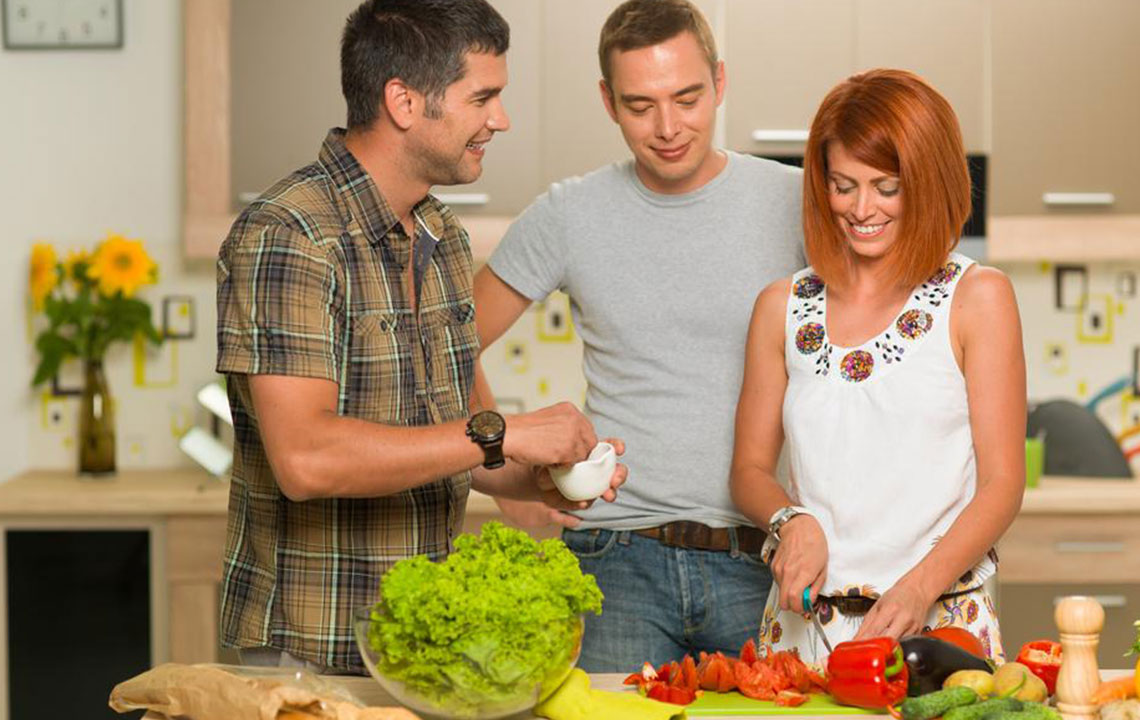Tips to Prevent Diverticulitis
With the growing age, some people start developing little bulging pouches along the lining of the small intestine and they are termed as diverticula. When these pouches become infected or inflamed, sometimes it leads to a very painful condition known as diverticulitis. Besides having terrible pain, people suffering from this ailment also have nausea, bloating, vomiting, fever, diarrhea and sometimes, constipation. While some might exhibit these signs, there are many others who will have the condition without experiencing any of the symptoms.
Many experts are of opinion that taking a diet with little amounts of fiber leads to diverticulitis. This is the primary reason why people living in Africa and Asia where the diets are very high in fiber content have a very low incidence of this ailment.

Consult an expert for a diet
When you are experiencing the symptoms of diverticulitis, your doctor may ask you to follow the best diet for diverticulitis which mainly consists of liquid foods such as water, broth, ice chips, gelatin, coffee or tea without any cream, ice pops, and fruit juices. After a few days, you can bounce back to your regular diet, but this should be done gradually. You will also be advised to start off with low-fiber foods like meat, bread, poultry, eggs, fishes and dairy products before you can start eating high-fiber foods.
Add lots of fiber to the diet
You will have to take a lot of fiber since fiber adds bulk to the stool so that they can pass through the colon effortlessly. It also helps in decreasing pressure in the digestive tract. Many studies have successfully shown that high-fiber foods can assist in controlling the diverticular symptoms. Women aged below 50 should eat at least 25 grams of fiber while men of the same age group must eat about 38 grams of fiber. On the other hand, those women aged over 50 should aim to have 21 grams while men must go for 30 grams on a regular basis. Also, when it comes to bread, opt for homemade or bakery bread, and avoid mass-produced bread that might have low quality standards. All in all, include these foods in your diet when suffering from diverticulitis.
- Whole grain foods such as pasta, cereals, and bread
- Kidney beans, black beans and other types of beans
- All kinds of fresh fruits without seeds or skin
- Cooked or canned vegetables like squash, papaya, spinach, peas, potatoes, pumpkin and other such high-fiber vegetables.
- Milk, cheese, and yogurt
Keep a check on constipation
Sometimes, doctors also advise taking high fiber supplements such as psyllium or methylcellulose at least once a day in addition to the best diet for diverticulitis. Plus, you should eat a lot of water and other fluids to keep constipation at bay.
Stay alert
The symptoms and discomfort must subside within 2 to 3 days of taking the best diet for diverticulitis and antibiotics. If you have not been feeling better by this time, you should report this to your doctor without further delay. You should also get in touch with an expert in case you have a fever, severe abdominal pain or you are not able to keep the liquids down. All these can be a sign of complication of diverticulitis and require immediate hospitalization.
Foods to avoid
In the past, doctors used to believe that people suffering from diverticular disease must not consume foods which are difficult to digest such as nuts and seeds. This is because there was a misconception that these foods might get stuck in the diverticula and lead to inflammation. But it is quite fortunate that many recent studies have shown that there is no scientific evidence for backing up this information. In fact, it is found that nuts and seeds comprise of high fiber content which is very helpful for those suffering from diverticulitis.
The best diet for diverticulitis doesn’t have any risks or side effects. But make sure that you don’t continue them without your doctor’s supervision for more than a week. This is because it can lead to weakness and other problems since it fails to provide the varied set of nutrients required for your body to function normally. That is why your doctor would want you to return to the normal diet as soon as the symptoms of diverticulitis subside. Even when you are cured of the ailment with the help of best diet for diverticulitis, you should continue eating fiber-rich foods, drink a lot of fluids, and avoid refined foods to improve your overall health.

